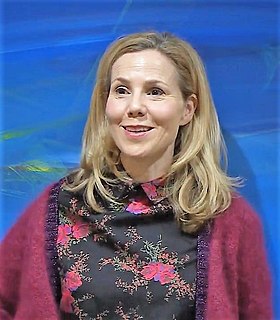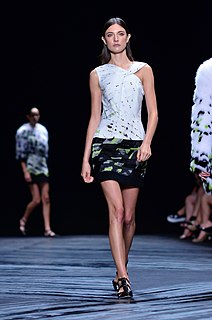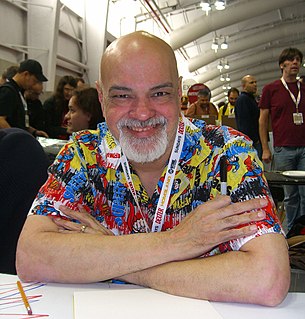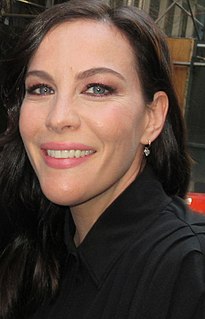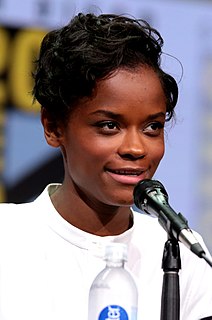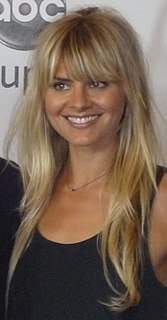A Quote by Todd Haynes
'Mildred' was the first film I shot on Super 16 with Ed Lachman, and we decided to continue doing so for 'Carol.'
Related Quotes
If I'm ever working on a set and anyone talks about a master shot, I say there is no master shot. Before I even went to film school, I learned about movies by being in a British feature film, where everything was shot master shot, mid-shot, close-up. But I reject the idea of a master shot. You don't shoot everything mechanically; you find imaginative ways that serve the action.
Well, at first the band were simply called Horsepower, but a lot of people thought that was something to do with heroin. That really pissed me off, so I decided to put something in front of it to distract them. “I got '16' from a traditional American folk song, where a man is singing about his dead wife and 16 black horses are pulling her casket up to the cemetery. I liked the image of 16 working horses.
I got my first part in Silent Fall, 1994 - I guess I was 15 or 16 - which was really outrageous because I still knew nothing. I don't think I really learned how to land on my marks until after Empire Records in 1995, 'cause sometimes I'll see a shot in that film, and I'm like "Whoa, I just walked over to the corner."


